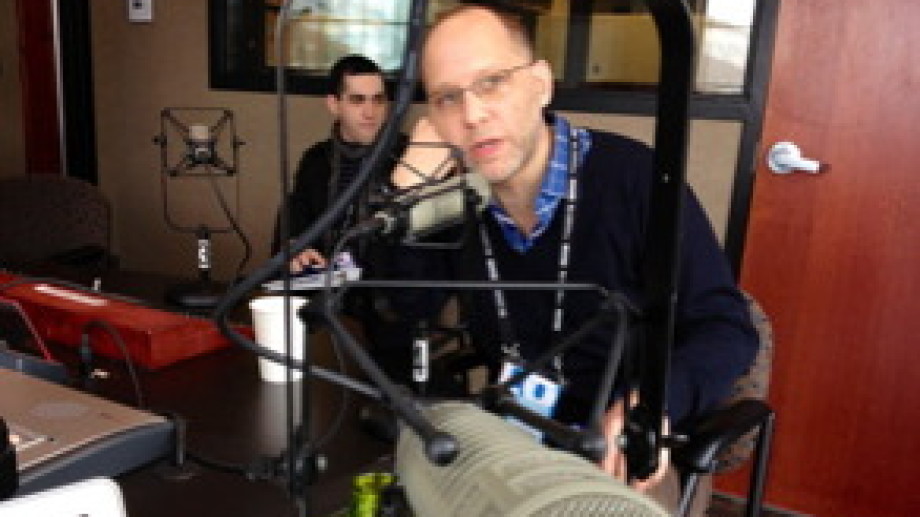
Keep the Lights On, Ira Sachs' memoir of love and heartbreak, opens today at Film Society of Lincoln Center for one week only with Sachs in person at select screenings today and tomorrow!
The winner of the Teddy Award for Best Feature Film at Berlin International Film Festival, a nominee for Grand Jury Prize at Sundance and a hit at the Tribeca Film Festival, Keep the Lights On continues to awe audiences and impress critics in festivals around the world. Time Out New York gave it five out of five stars, saying “you simply have to see it.” The New York Times made it a Critics' Pick and A.O. Scott said: “The richness of Mr. Sachs’s accomplishment lies in the sense of familiarity he creates, the implicit bond that develops between the couple on the screen and the people in the audience.”

Thanks to KPCW in Utah, Film Society’s Eugene Hernandez sat down with Sachs during Sundance to talk about festival life, Sachs’ first Sundance film in 1996, and how Keep the Lights On shows a New York Woody Allen hasn’t shown you:
Here are some highlights from the interview:
“Their relationship has a lot of problems. There’s sex problems, there’s monogamy problems, there’s addiction problems, there’s drug problems, there’s also a lot of love. It raises the question: Why do two people stay together when many things are encouraging them to break apart?”
“It’s a very personal story that was inspired by experiences in my own life. In the process of making the film it becomes its own thing. It’s personal filmmaking more than autobiographical filmmaking like John Cassavetes or Bergman.”
“I hope it has the power of what a good memoir does … that it’s accessible and something people see their own lives in.”
“There’s a relationship to sexuality in American cinema that is unique. It’s different than the rest of the world … where the body is not something to be frightened of.”
“I don’t rehearse with my actors … the first rehearsal is the first time we turn the camera on … Sydney Pollack never rehearsed his actors and I found out that's allowed … so you film reactions, you don’t create them.”



